Description
“Sri Aurobindo Ghose: A Biography of His Vision and Ideas” by Verinder Grover is an illuminating exploration into the life and philosophy of one of the greatest thinkers and spiritual leaders of the 20th century, Sri Aurobindo Ghose. In this comprehensive biography, Grover delves deep into the multifaceted dimensions of Sri Aurobindo’s life, tracing his evolution from a revolutionary nationalist to a visionary philosopher and spiritual guru. With meticulous research and a profound understanding of Sri Aurobindo’s teachings, Grover presents a captivating narrative that offers insights into the various aspects of Sri Aurobindo’s transformative ideas and their impact on humanity.
The book begins by introducing the reader to the early life of Sri Aurobindo, his education in England, and his early involvement in the Indian independence movement. Grover skillfully portrays the enthusiasm and intensity of the political climate during that era, painting a vivid picture of Aurobindo’s role as a revolutionary leader. Through detailed accounts, the author sheds light on Aurobindo’s intellectual pursuits, his contribution to the Swadeshi movement, and his eventual retreat from active politics to focus on spiritual matters.
In the following chapters, Grover analyses Sri Aurobindo’s spiritual journey and his profound vision for humanity’s evolution. The author explores Sri Aurobindo’s concept of integral yoga, which aims to harmonize and integrate the physical, vital, mental, and spiritual dimensions of human existence. Grover traces the development of Sri Aurobindo’s ideas and philosophies, highlighting key concepts such as the evolution of consciousness, the role of the divine in human life, and the potential for a spiritual transformation of society.
Throughout the biography, Grover offers rich insights into Sri Aurobindo’s literary works, including his influential opus “The Life Divine” and his poetic masterpiece “Savitri.” The author examines the philosophical foundations of these works and their significance in understanding Sri Aurobindo’s vision of a spiritualized world. Grover also delves into Sri Aurobindo’s experiences of spiritual realization and the profound impact these had on his teachings and writings.
Verinder Grover’s biography is a commendable work of scholarship that provides a comprehensive and balanced exploration of Sri Aurobindo’s life and ideas. The author’s research is meticulous, drawing from a wide range of primary and secondary sources to present a detailed and accurate account of Sri Aurobindo’s journey. Grover’s writing style is engaging and accessible, making complex philosophical concepts understandable for readers who may be new to Sri Aurobindo’s teachings.
One of the strengths of the book is Grover’s ability to contextualize Sri Aurobindo’s ideas within the broader historical and philosophical landscape. The author skillfully weaves historical events, philosophical influences, and personal anecdotes to portray Sri Aurobindo’s intellectual and spiritual development holistically. This contextualization enables readers to grasp the significance of Sri Aurobindo’s ideas and their relevance to the challenges of the modern world.
In comparison to other biographies of Sri Aurobindo, Verinder Grover’s work stands out for its comprehensive approach and depth of analysis. While other biographies may focus primarily on Sri Aurobindo’s political activism or spiritual teachings, Grover’s book successfully integrates both aspects of his life, illuminating the interconnectedness between his political and spiritual evolution. This comprehensive approach provides a more nuanced understanding of Sri Aurobindo’s life and ideas, allowing readers to appreciate the intricate tapestry of his intellectual and spiritual journey.
Grover’s interpretation of Sri Aurobindo’s vision and ideas reflects a deep understanding and appreciation of the nuances within his teachings. The author skillfully elucidates the central themes that underpin Sri Aurobindo’s philosophy, such as the divine potential within humanity, the evolution of consciousness, and the transformative power of integral yoga. Through insightful analysis and thoughtful reflection, Grover guides readers to explore the profound implications of these themes in their own lives and the broader world.
While “Sri Aurobindo Ghose: A Biography of His Vision and Ideas” primarily focuses on Sri Aurobindo himself, Grover also introduces readers to the key individuals who played significant roles in his life and spiritual journey. From his wife, the spiritual collaborator known as The Mother, to his disciples and fellow practitioners of integral yoga, Grover highlights the influence and impact of these individuals on Sri Aurobindo’s development and the growth of his spiritual community.
About the Author:
Verinder Grover is a renowned scholar and author with a deep interest in philosophy, spirituality, and Indian culture. With a background in academic research and spiritual practice, Grover brings a unique perspective to his biographical exploration of Sri Aurobindo. His meticulous research and profound understanding of the subject matter are evident throughout the book, making it a valuable contribution to the existing literature on Sri Aurobindo.
Grover’s writing style is accessible and engaging, striking a fine balance between scholarly rigour and reader-friendly prose. He adeptly lucidly presents complex ideas, making Sri Aurobindo’s philosophy and vision accessible to a wide audience. Grover’s passion for his subject matter shines through his writing, capturing the depth and significance of Sri Aurobindo’s ideas while maintaining a clear and coherent narrative structure.
What People Say About This Book:
Readers and scholars alike have praised Verinder Grover’s biography for its thoroughness and its ability to capture the essence of Sri Aurobindo’s vision and ideas. Many have commended Grover’s meticulous research, highlighting the extensive use of primary sources and the depth of analysis presented in the book. Readers appreciate how Grover contextualizes Sri Aurobindo’s ideas within the broader intellectual and historical context, making them more accessible and relevant to contemporary readers.
- Meticulous research and comprehensive exploration of Sri Aurobindo’s life and ideas.
- Skillful contextualization of Sri Aurobindo’s teachings within historical and philosophical frameworks.
- Engaging and accessible writing style that makes complex concepts understandable.
- In-depth analysis of key works such as “The Life Divine” and “Savitri.”
- Thoughtful interpretation of Sri Aurobindo’s vision and themes.


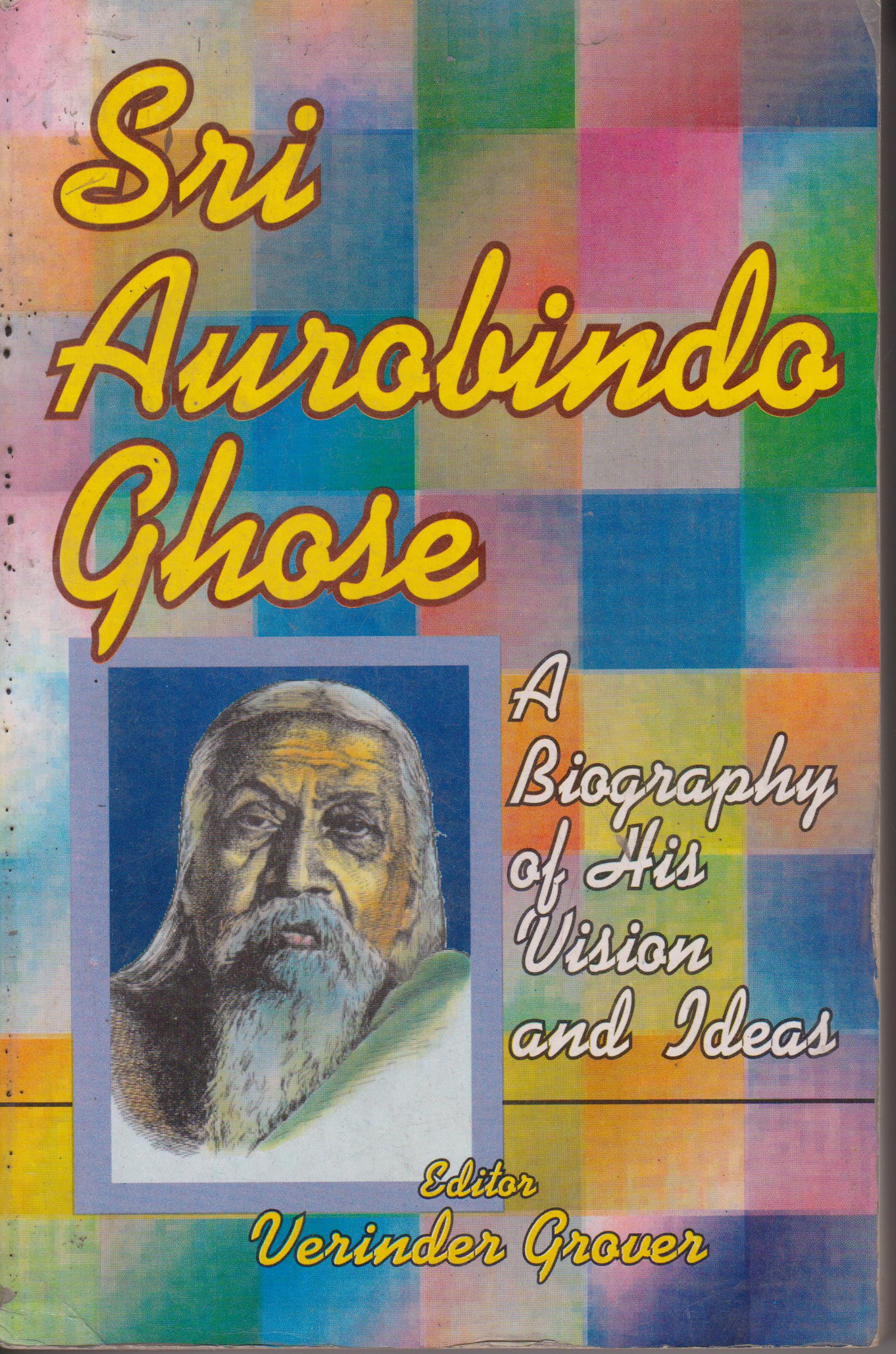
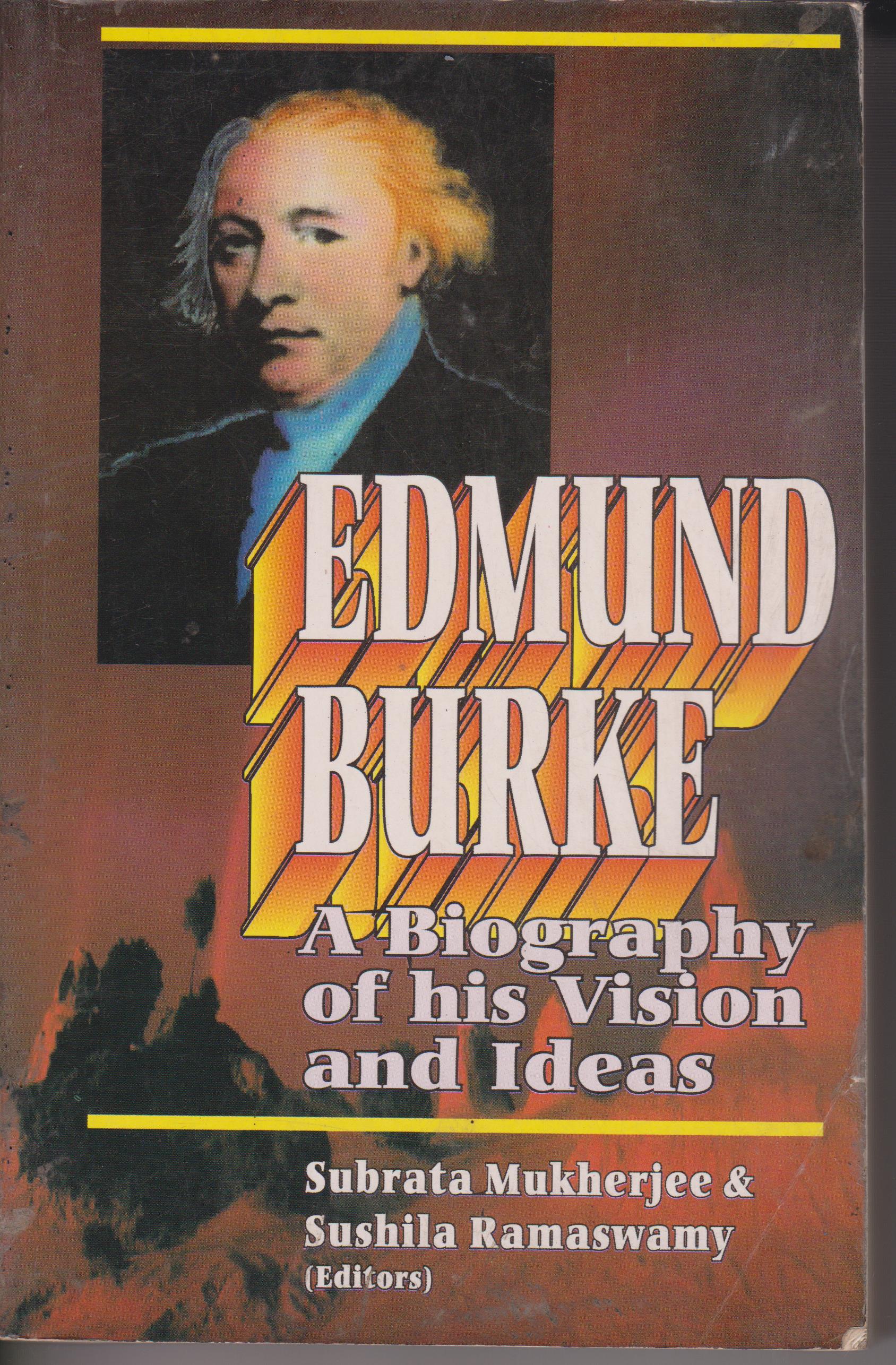
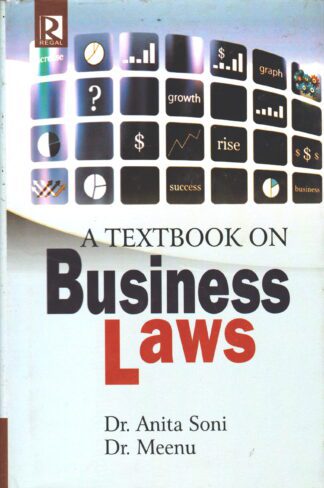
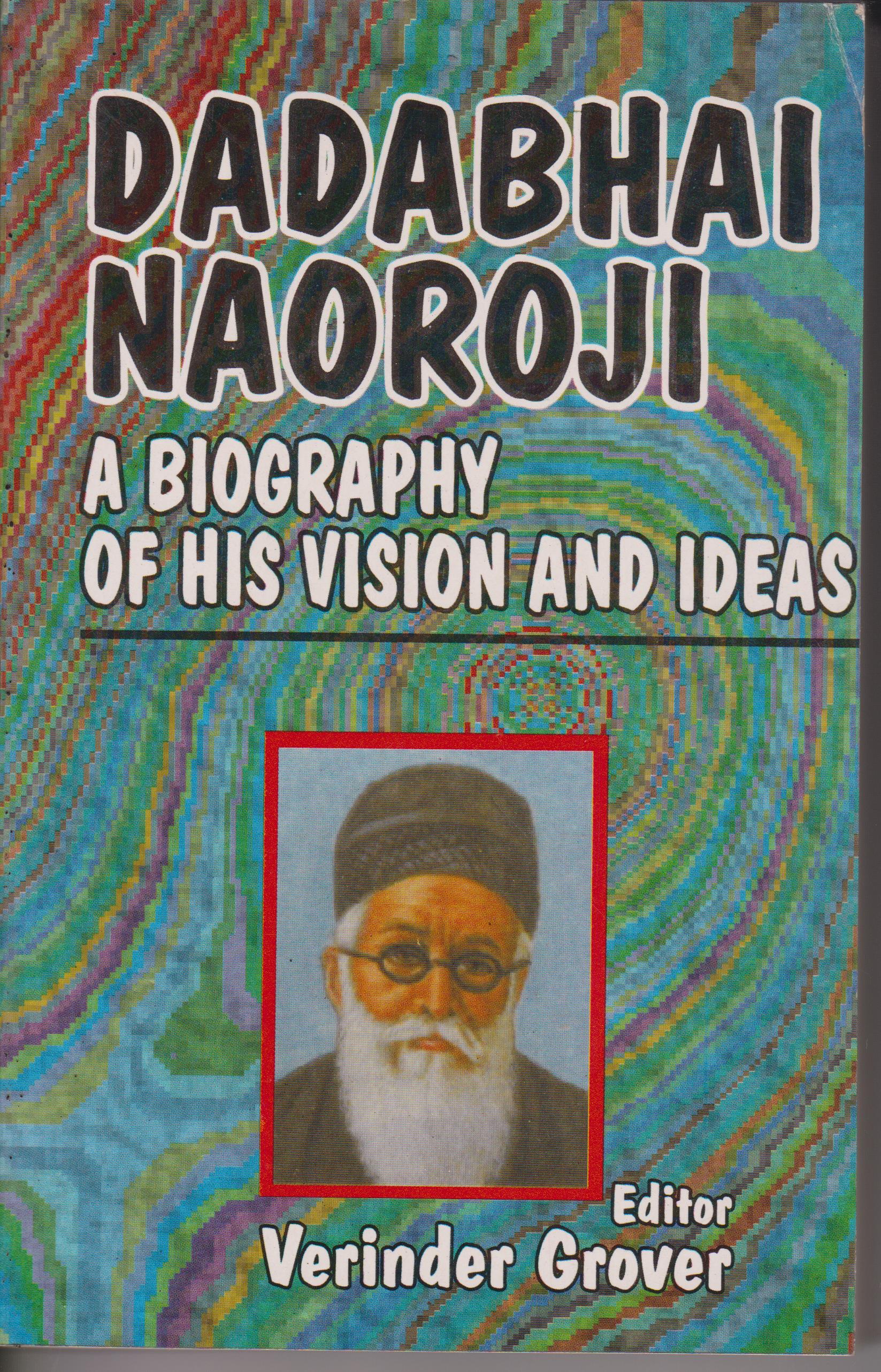

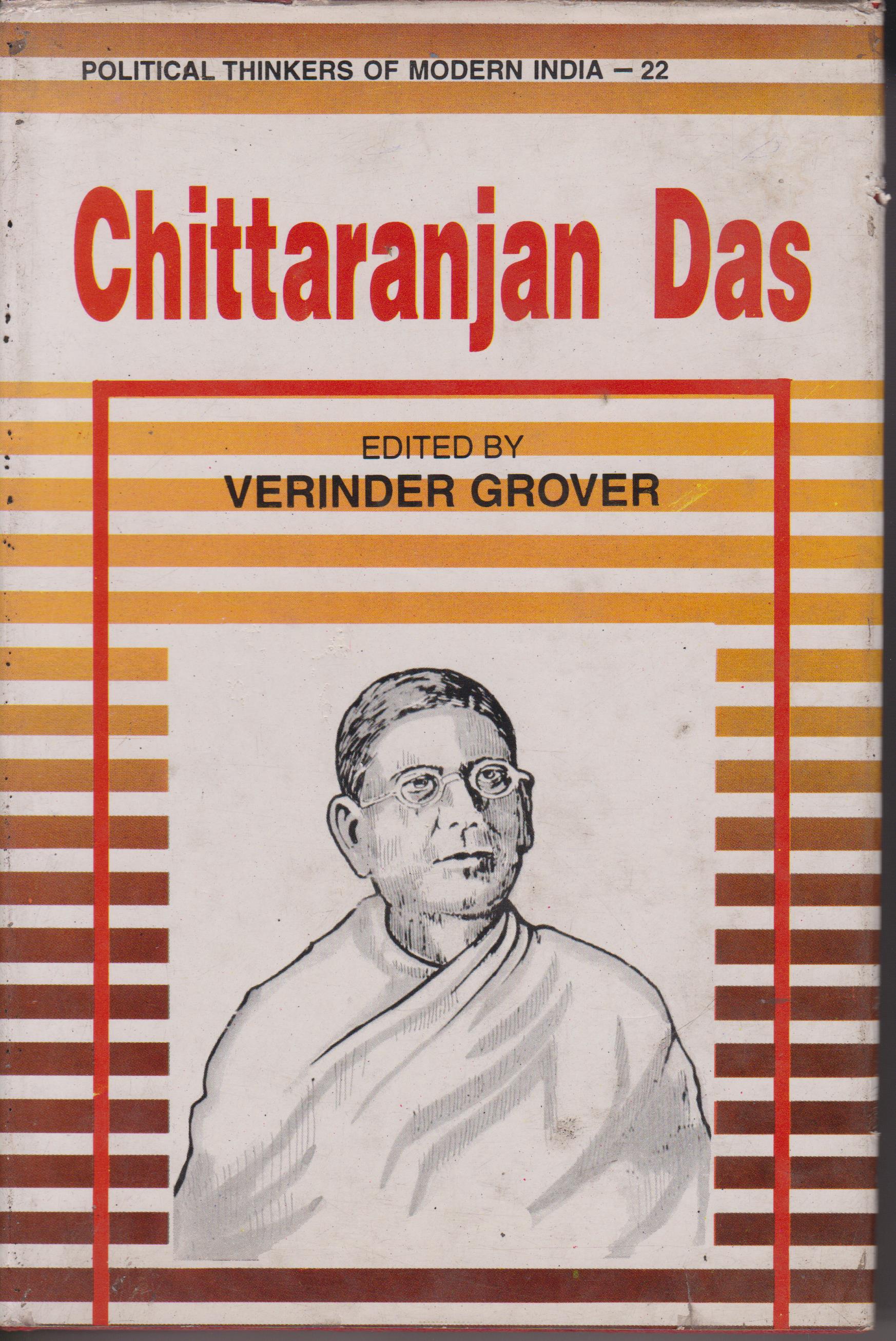
Reviews
There are no reviews yet.